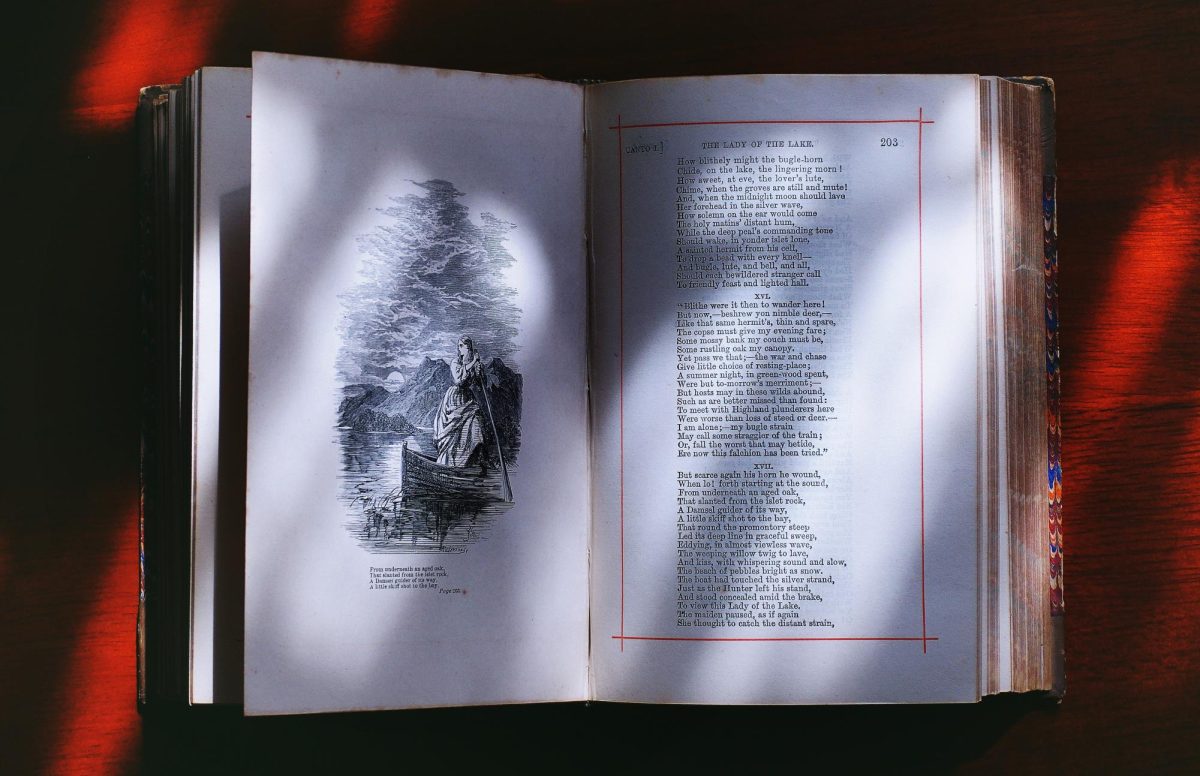Folklore is a minor at Fairmont State University, but how many people know what folklore is? My name is Isa Siegel, I am a history major with a minor in folklore. In this article, I will be explaining the basics of folklore.
I have been asked numerous times by people, “What is folklore? What exactly do you study? Is it like cryptids and stuff?” While that is a part of it, that is not what folklore is in its entirety. Oxford Languages defines folklore as the following: “The traditional beliefs, customs, and stories of a community, passed through the generations by word of mouth.” The way I like to describe folklore is how my first ever folklore professor in Introduction to Folklore described it to the class once: “Folklore is history of the common folk, not the famous people like presidents, kings, or queens. Folklore is the history of the citizens of the town. What are their stories?”
Lynette Swager, a professor at the West Virginia Folklife Center at Fairmont State University and folk music specialist, responded to the question, “What is folklore?” “In my mind, folklore is the lore of the folk or people of an area or region. The lore would include the oral aspects of a folk culture. These would be the stories we tell, whether they be everyday life stories, ghost tales, tall tales, family histories, etc. It would also be the songs we sing because often the songs relate a story or have a history. The poems we write and/or tell as well. Lore is the word of our area. It is initially or generally passed from person to person in the oral tradition rather than being written down, although in recent years our lore has begun to be collected and recorded to be preserved.”
Folklore is traditionally oral history. This means folklore is our stories passed down through generations through word of mouth. In the span of how old humanity is, it is only in recent years that we have started to write down these oral histories. However, just because it has only been oral history for so long does not make it any less valid as an academic discipline. Some people would like to argue that oral history is not as valid as written history, because of how it can be changed so much from person to person such as a game of telephone. For those of you who are not aware of the game, telephone, people whisper a statement to one person, and they must try to repeat the exact same statement to another person, and so forth. However, as more people try to repeat this statement, the original source can get diluted. While that argument is valid, it does not mean we should ignore oral history. In some circumstances, oral history is all a culture has had for generations due to lack of literacy, or an inability to write down their stories. Folklore is important because without it, we would not have the stories of our ancestors.






